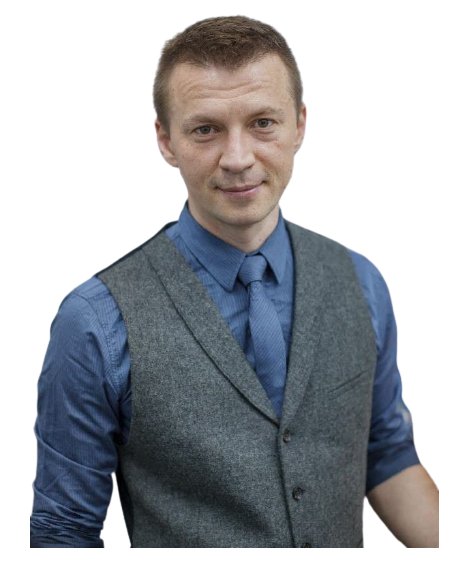
Program coordinator,
Director for MIPT Center for Photonics and 2D Materials
e-mail: vsv.mipt@gmail.com
The goal of the Advanced 2D Materials master's program is to provide students with a comprehensive understanding of current advances in the physics and technology of two-dimensional (2D) materials and new quantum materials. The study of 2D materials is one of the newest and most exciting areas of Materials Science and Engineering. Low-dimensional materials and systems have the potential to revolutionize many vital industries, such as solar cells, transistors, camera sensors, digital screens, and semiconductors, among others.
The proposed program is oriented around two research topics:
Fundamental properties of 2D materials and Novel device architectures. It includes basic, fundamental, and applied disciplines that address the physical methods for studying advanced technologies based on two-dimensional and quantum materials.
Master's program is structured so that in the first academic year, students study a block of basic disciplines:
Physical methods of nanomaterials research, Physics of two-dimensional and quantum materials, as well as Computational physics methods for modeling quantum materials, micro- and nanodevices based on them.
Leading Russian and foreign experts in physics and technology of two-dimensional materials will be involved in teaching the courses. A cycle of practical classes in the form of modern laboratory practical work is provided at the laboratories at the MIPT Center for Photonics and Two-Dimensional Materials. In the second year of study, as compared to the first one, students are given more time for research work.
Visiting lectures. The fourth semester is solely devoted to research and master’s thesis preparation